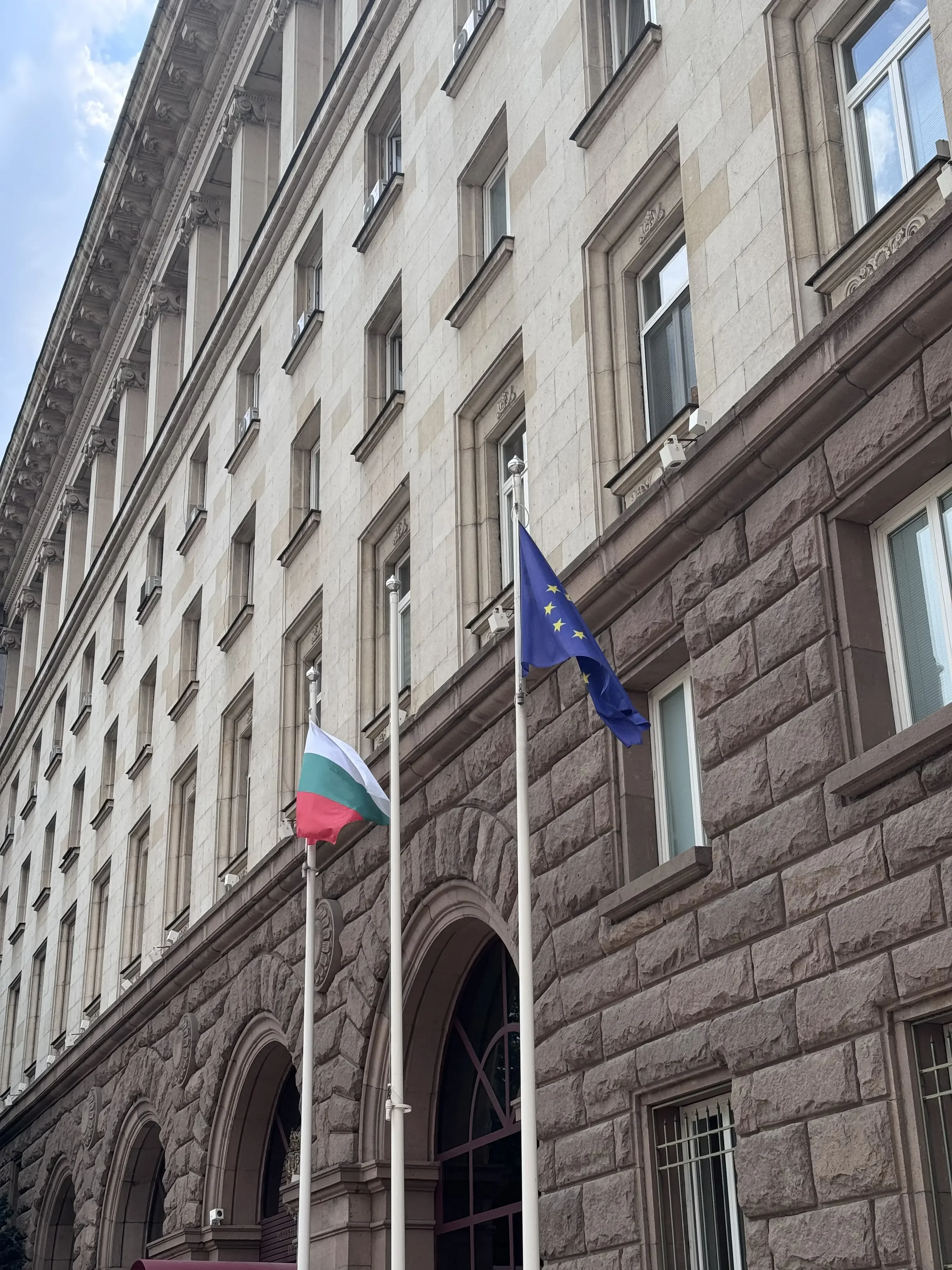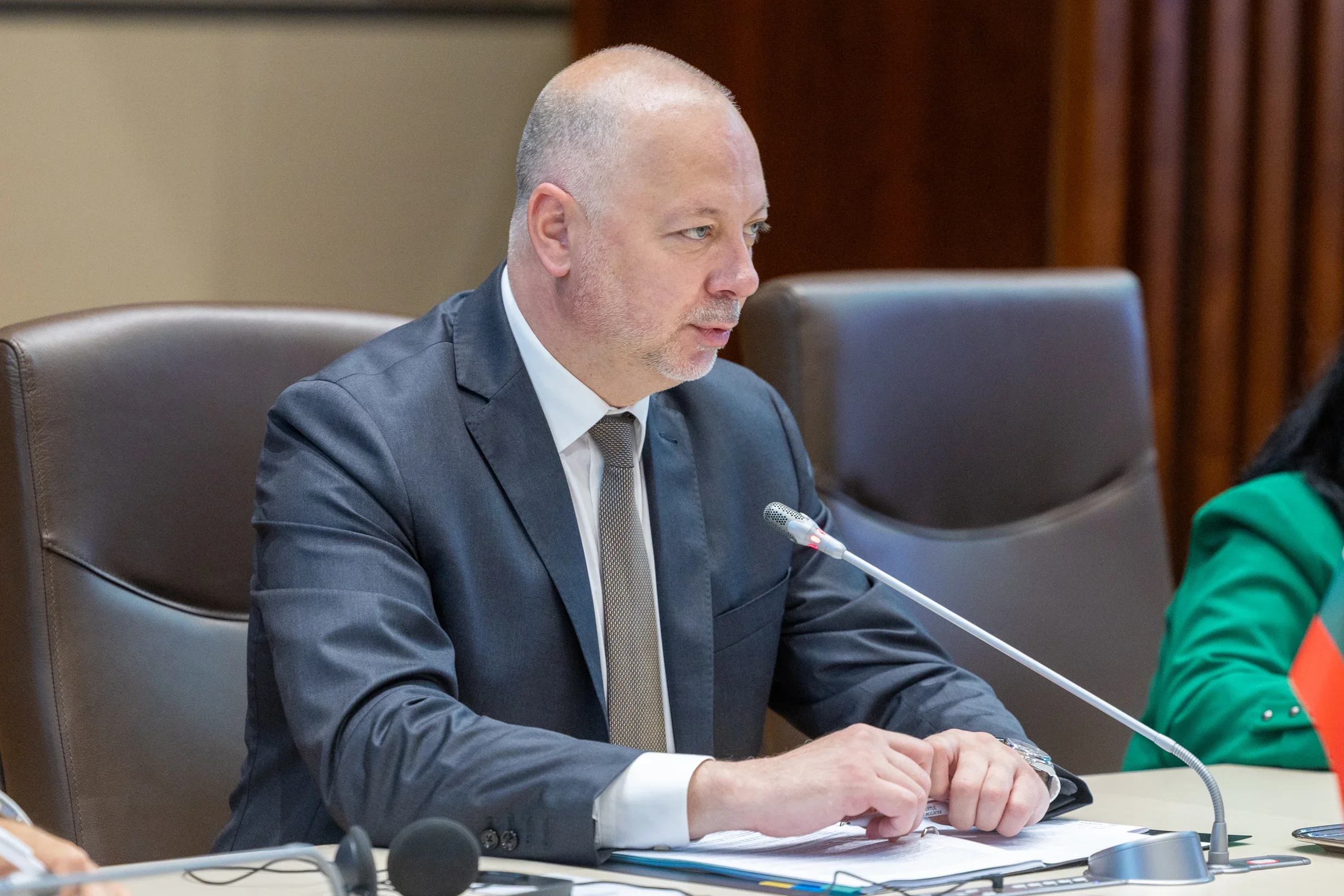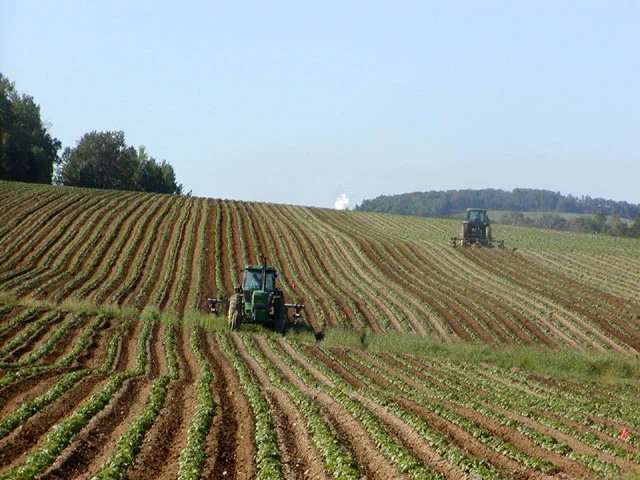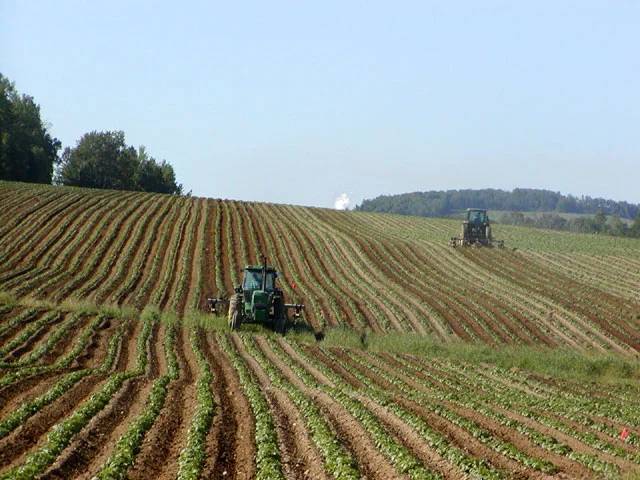The Minister of Agriculture and Food, Dr. Georgi Tahov, stated that the ministry will continue to actively participate in the negotiations for the future Common Agricultural Policy (CAP) and the new financial framework, defending the interests of domestic producers and working for sustainable and modern agriculture in Bulgaria and the European Union. He stated this during the "Green Transition" forum, dedicated to the green economy and sustainable development in Central and Eastern Europe.
Tahov emphasized that the future CAP should encourage farmers to carry out environmental activities through incentives that exceed the costs incurred and lost income. He stressed that it is important for environmental requirements to be clear, achievable, and supportive of farmers. The Minister of Agriculture welcomed the European Commission's efforts to develop a vision for the period 2028-2034, with a focus on competitiveness and sustainable development. He also expressed support for the proposed simplification of the CAP, which aims to reduce the administrative burden on farmers and the administration.
Minister Tahov stated that the new CAP is not just a support instrument, but a vision for the future of European agriculture, in which sustainability is a way of thinking, innovation is the driving force, and farmers are partners in building a secure and viable food system. According to him, the new policy must balance the economic, social, and environmental needs of the agricultural sector.
Minister Tahov also emphasized the need for adapted policies for Central and Eastern Europe, taking into account the social, economic, and climatic specificities of the region. He explained that the national strategic plan is the main tool for the realization of these goals through support for small and medium-sized farms and long-term sustainability.
Among the priorities of the Ministry of Agriculture and Food, Tahov highlights the promotion of projects for the modernization of farms, greening, automation, and reducing the dependence on physical labor. According to him, this not only increases efficiency but also attracts young people who see agriculture as an opportunity, not a challenge.
The Minister stated that another key factor for adaptation to climate change and for guaranteeing production is irrigation. The Strategic Plan for the Development of Agriculture and Rural Areas has provided over 100 million euros for investments in irrigation systems, with the goal of reaching 2.5 million decares of irrigated areas by 2028.
In parallel, the Ministry of Agriculture and Food is investing in mechanisms to protect farmers' incomes, encouraging agricultural producers to be more active in insuring their production. Within the Strategic Plan, a budget of 10 million euros has been allocated for insurance, and the amount of financial assistance has been increased to 70% of the insurance premium.
Minister Tahov also commented on the bill that has become publicly known as the Agri-Food Chain Act, which has already been published for public discussion. The purpose of the law is to end unfair trading practices and create a real opportunity for Bulgarian farmers to participate in the market environment under better conditions.
In conclusion, Dr. Tahov stated that in the context of global uncertainty, it is crucial for the EU and national governments to build sustainable models of food system functioning. According to him, the economic development of rural areas should be based on better infrastructure, human capital, and the development of local initiatives such as short supply chains and agritourism.
You may also like
The event was also attended by the Director for Sustainable Development in DG AGRI, Hayo Schielthaus, who stated that food security means reducing vulnerability and that agriculture is becoming increasingly attractive for young people and investors.








Коментари (0)
Все още няма коментари.